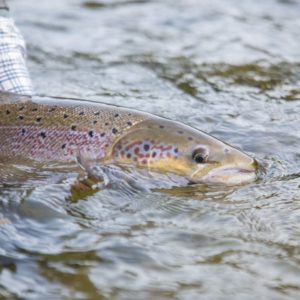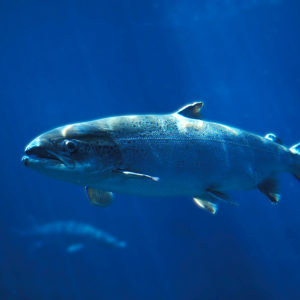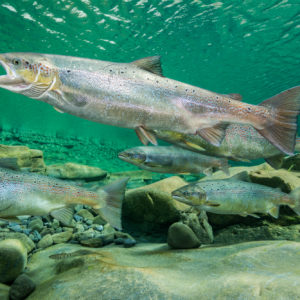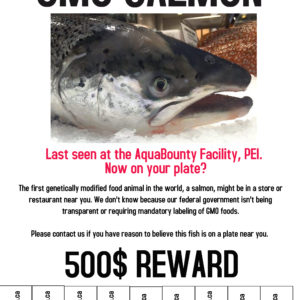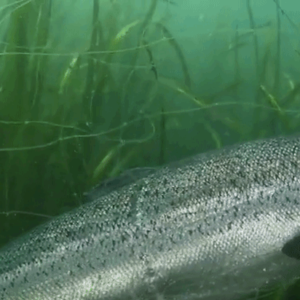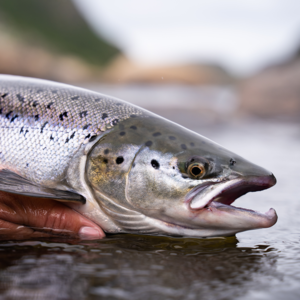The Canadian Environmental Protection Act (CEPA) outlines how the federal government regulates toxic chemicals as well as other polluting materials. Despite its importance, the government has failed to significantly update CEPA since 1999 (that’s over two decades ago!) and has not kept pace with the dramatic developments in the field of genetic engineering.
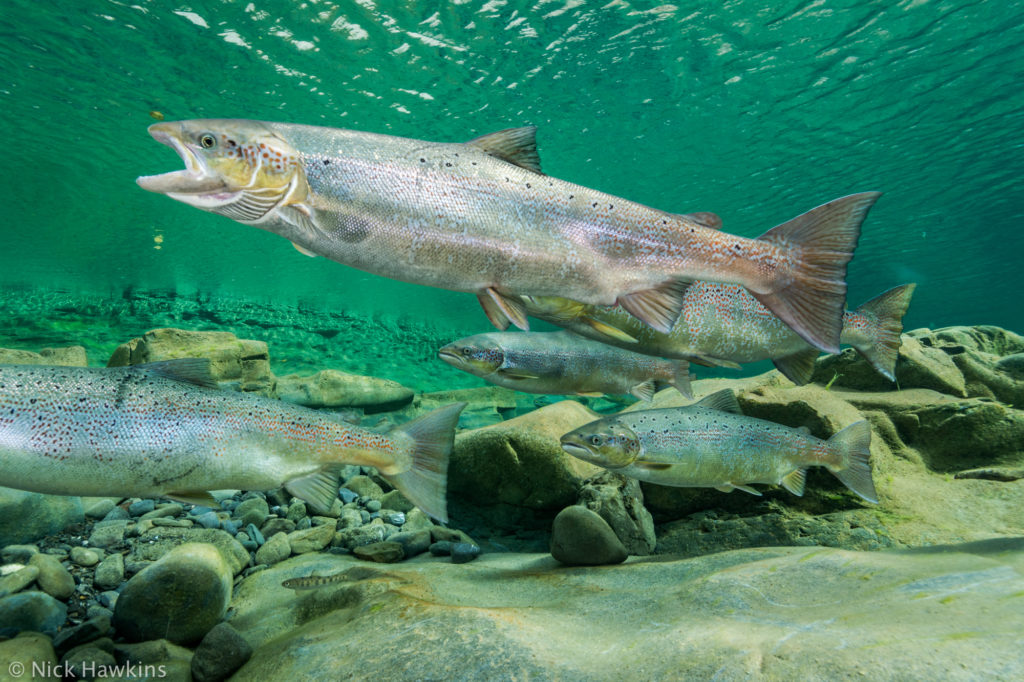
Keep Wild Species Wild Nature Canada
Keep Wild Species Wild
The Canadian Environmental Protection Act (CEPA) outlines how the federal government regulates toxic chemicals as well as other polluting materials. Despite its importance, the government has failed to significantly update CEPA since 1999 (that’s over two decades ago!) and has not kept pace with the dramatic developments in the field of genetic engineering.
About the Campaign
Genetic pollution is real and irreversible. Once a genetically engineered organism successfully reproduces with a wild counterpart, these new genes will spread throughout the population — increasing over time and changing nature forever.
In Canada, already at-risk populations of Atlantic Salmon could be outcompeted for food, or if interbreeding were to occur, be fundamentally changed. Ultimately, impacting the livelihoods of hundreds of Canadians and disrupting ecosystems forever.
Nature Canada brought together Indigenous Peoples, scientists, anglers, and conservationists to develop recommended changes to CEPA to keep wild species wild. We are actively working to ensure these recommendations, such as improved public transparency and alignment with Indigenous rights, make it into the Act.
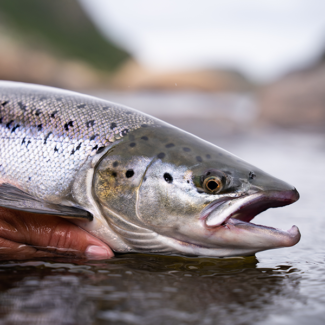

About the Campaign
Genetic pollution is real and irreversible. Once a genetically engineered organism successfully reproduces with a wild counterpart, these new genes will spread throughout the population — increasing over time and changing nature forever.
In Canada, already at-risk populations of Atlantic Salmon could be outcompeted for food, or if interbreeding were to occur, be fundamentally changed. Ultimately, impacting the livelihoods of hundreds of Canadians and disrupting ecosystems forever.
Nature Canada brought together Indigenous Peoples, scientists, anglers, and conservationists to develop recommended changes to CEPA to keep wild species wild. We are actively working to ensure these recommendations, such as improved public transparency and alignment with Indigenous rights, make it into the Act.
Want to Help?
Hello nature life wilderness is the world’s envy. It’s our duty to keep our true north strong and green.
Donate